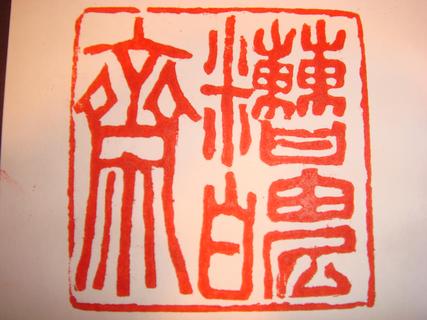Colloquialisms have a way of taking on a life of their own, even when they make no sense. The famous (and vexing) example from American English that comes to mind is: "I could care less." Then there are ambiguous phrases. Who remembers the old SNL skit revolving around the phrase "you can't look at the sun for too long"?
Modern Chinese has a number of such phrases which, while perfectly intelligible to users in context, nevertheless are utterly illogical if you think about them for too long. Here are a few examples:
"Before ... I hadn't ..." When expressing a time period prior to a certain event, it will almost invariably be described as "before one thing had not yet happened" where what is actually expressed is "before one thing HAD happened". Viz., 在我還沒上大學之前,literally "Before I had not gone to college" but meaning "Before I went to college". Or 在他還沒去世之前, literally "Before he had not yet died" but meaning "Before he died". It almost feels like an English double negative, but there is actual only one negative: its the illogicality of the time sequence that throws one off. It is one of those things that native Chinese speakers do not notice, although when you point it out to them, they laugh and acknowledge that there is something a bit off about this particular grammatical structure. The linguistic imperative behind this particular structure, I believe, has to do with the fact that without the negative, it would require the modal particle 了to denote the change in state from one stage to another, but that in itself would be awkward (在我上了大學之前) or ungrammatical (在我上大學了之前), so the combining of a negative (I hadn't gone to college) with the time period manages to get the sense of "the period of time before a certain thing occurred".
"Almost didn't tire me to death". 差點沒把我給累死。This one is self-explanatory: the negative is superfluous but in colloquial speech sometimes gets added in. (It may almost be functioning like the "ne" in French.)
"Beyond the outside of my expectations". This locution, if it were a picture, would have to be drawn by M.C. Escher. 出乎我的意料[or 預料]之外, literally "went beyond the outside of my expectations". There is an abbreviated version of this that actually makes sense and is necessary to understand in order to see why the formulation just cited should make your head spin. The simpler formulation is 出乎我的意料: "It exceeded my expectations." The nonsensical version, if I can put in into properly confusing English, should be "It went beyond the outside scope of my expectations". The desired meaning only requires one of the two qualifiers: "It was outside my expectations" (是在我意料之外)or "It exceeded my expectations" (出了我的意料), but not both. This reflects a certain tendency towards the emphatic in Chinese through repetition. It has a certain illogical or circus-mirror quality, but it is characteristically Chinese.
Subscribe to:
Post Comments (Atom)

No comments:
Post a Comment